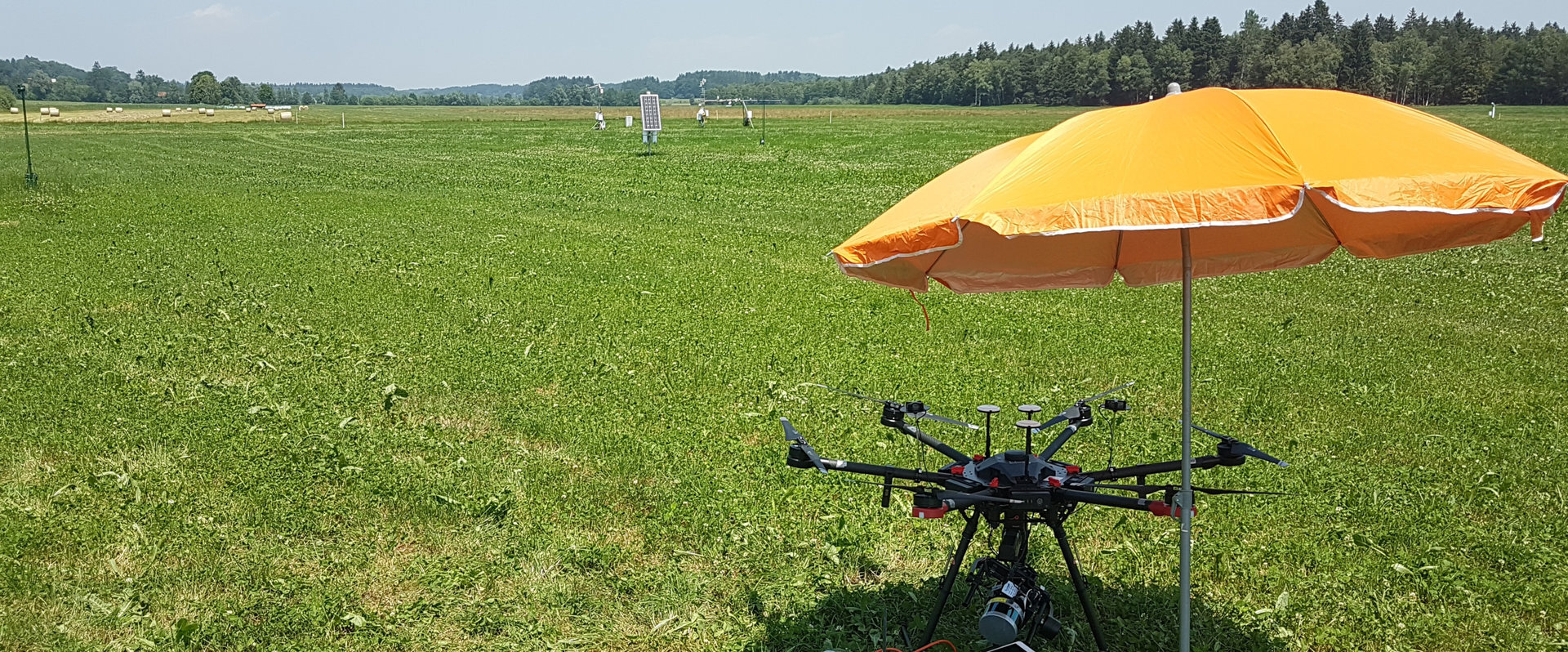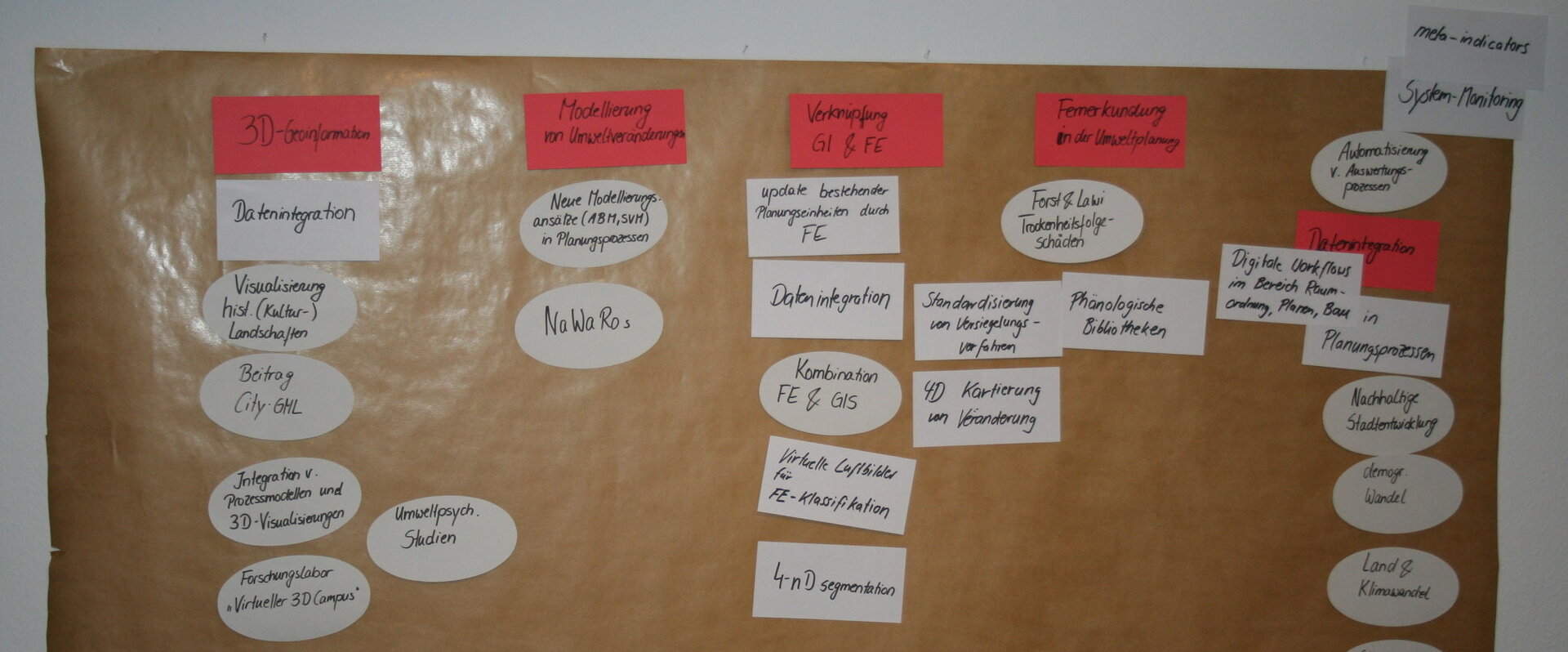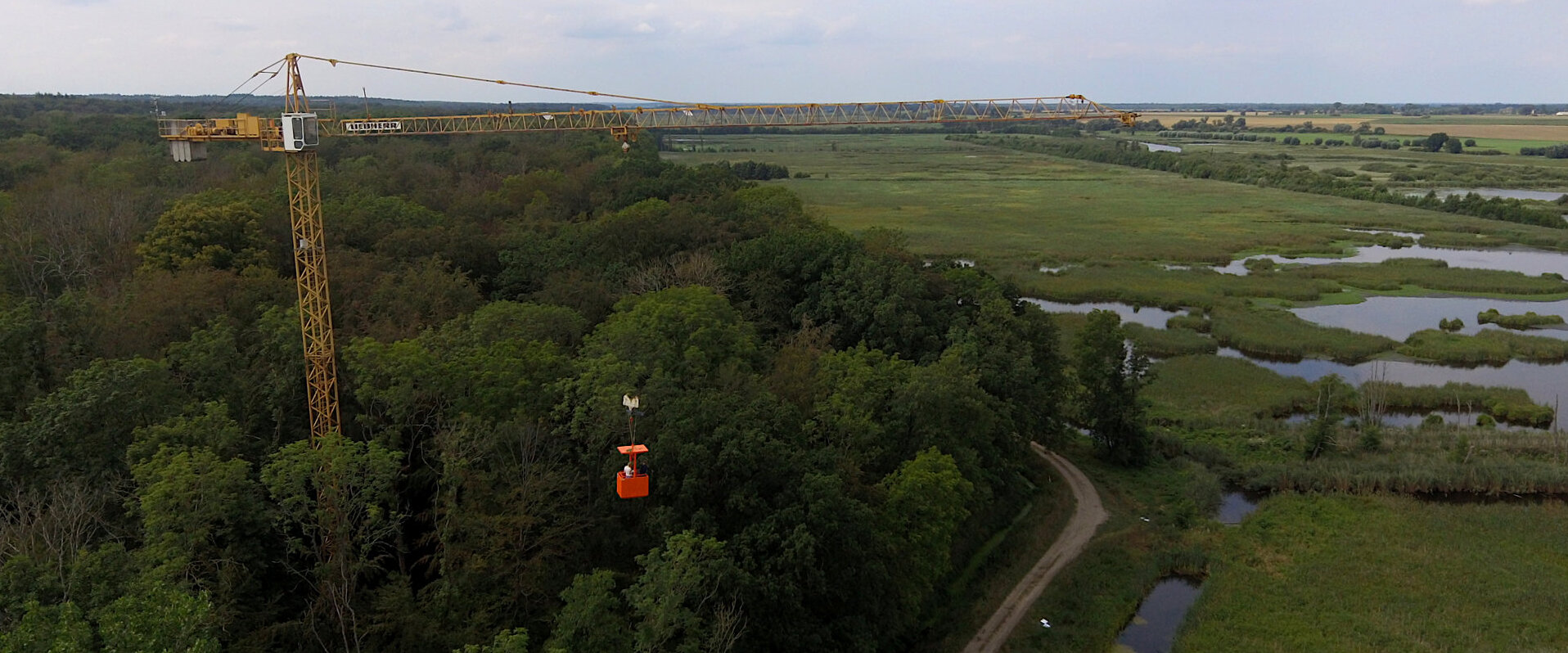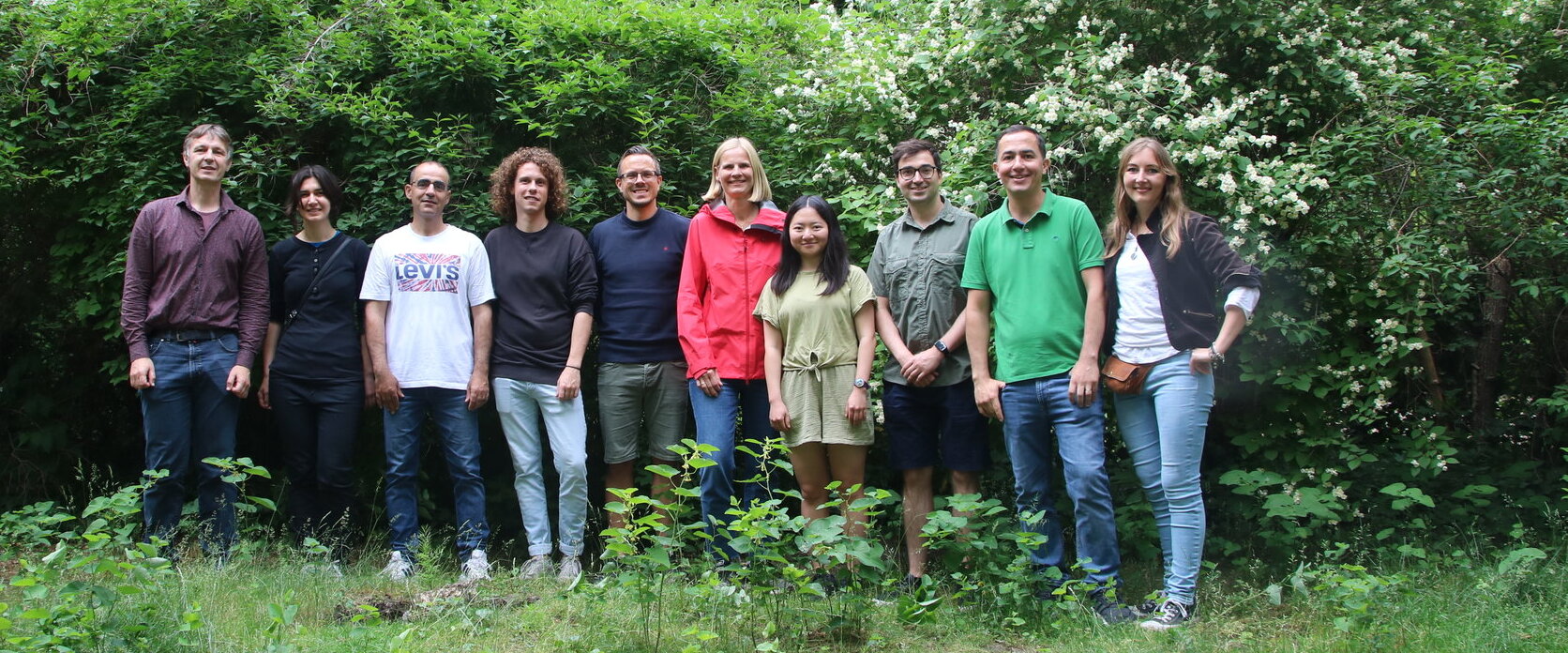Newsticker
Kommende Veranstaltungen
Keine aktuellen Veranstaltungen gefunden.
Standort
Erweiterungsbau (EB)
Kontakt
Fachgebiet Geoinformation in der Umweltplanung
Sekretariat EB 5
| Sekretariat | EB 5 |
|---|---|
| Gebäude | Erweiterungsbau (EB) |
| Raum | EB 236 A |
| Adresse | Straße des 17. Juni 145 10623 Berlin |






